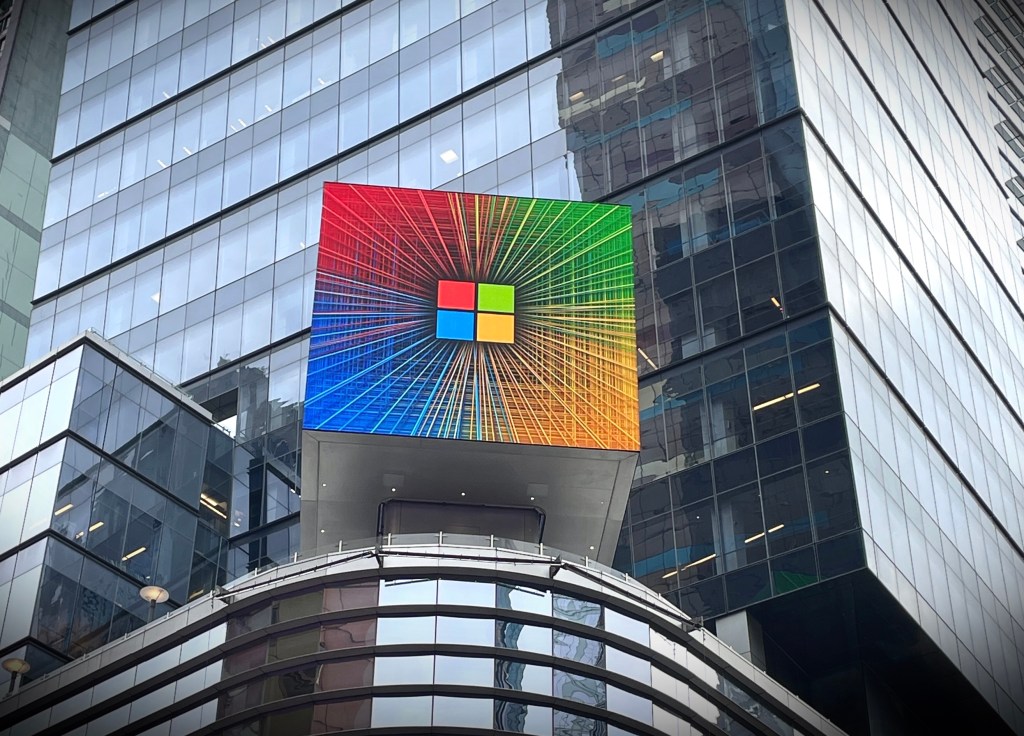In a significant move to bolster American manufacturing, Hadrian, an advanced manufacturing startup, has successfully raised $260 million in a Series C funding round. This substantial investment aims to expand Hadrian’s network of automated factories, enhancing the production of precision parts for the aerospace and defense sectors.
Transforming Manufacturing with Automation
Hadrian’s mission is to modernize the U.S. manufacturing landscape by integrating advanced automation technologies. The company focuses on producing high-precision components with remarkable efficiency, addressing the challenges posed by an aging workforce and a fragmented industry dominated by small machining shops.
Initially, Hadrian specialized in high-precision CNC (Computer Numerical Control) machining, a process that fabricates parts with tolerances measured in microns—thinner than a human hair. Building on this foundation, the company is now expanding its capabilities to include welding, casting, additive manufacturing, and other advanced processes. This diversification aims to meet the evolving needs of aerospace and defense clients.
Strategic Expansion Plans
The newly acquired funding will facilitate the construction of Factory 3, a 270,000-square-foot facility in Mesa, Arizona, set to commence operations by Christmas 2025. This plant is designed to quadruple the machining throughput of Hadrian’s existing facilities, significantly boosting production capacity. Additionally, the company plans to expand its 500,000-square-foot headquarters and R&D center in Torrance, California, to support ongoing innovation and growth.
Hadrian is also establishing dedicated divisions for maritime and munitions-specific parts. These initiatives aim to meet the scale and speed required to reestablish the United States as a global industrial leader. By focusing on these critical sectors, Hadrian seeks to strengthen domestic supply chains and enhance national security.
Innovative Business Model: Factories-as-a-Service
Beyond manufacturing components, Hadrian is introducing a factories-as-a-service model. This approach involves creating dedicated facilities for clients who require guaranteed factory capacity. By offering tailored manufacturing solutions, Hadrian aims to provide flexibility and scalability to meet the specific needs of its customers.
Leadership and Vision
Chris Power, Hadrian’s founder and CEO, emphasizes the urgency of revitalizing domestic production. Speaking at the Reindustrialization Summit, Power stated, This country is heading into a generational fight. The hour is extremely late. The great game is on… We have an incredibly short window to prepare for this, fix it, reindustrialize the country and return to what made us great in the first place. His remarks underscore the critical need for swift action to restore America’s industrial strength.
Investor Confidence and Support
The Series C funding round was led by Founders Fund and Lux Capital, with additional financing from Morgan Stanley to support factory expansion. New investors, including Altimeter and 1789 Capital, joined existing backers such as Andreessen Horowitz, Construct Capital, and 137 Ventures. This round brings Hadrian’s total funding to nearly $500 million since its inception in 2020, reflecting strong investor confidence in the company’s vision and execution.
Addressing National Security and Economic Challenges
Hadrian’s expansion comes at a time when the United States faces significant challenges in maintaining its industrial base. The company’s focus on automation and advanced manufacturing processes aims to address labor shortages and enhance production efficiency. By reshoring critical manufacturing capabilities, Hadrian contributes to national security and economic resilience.
Future Outlook
With the new funding and strategic initiatives, Hadrian is poised to play a pivotal role in the reindustrialization of America. The company’s commitment to innovation, efficiency, and national security positions it as a key player in the future of U.S. manufacturing.



